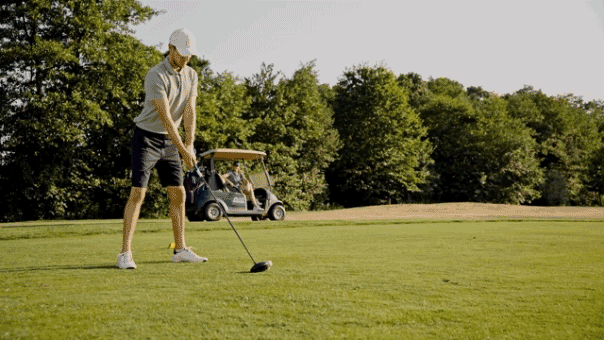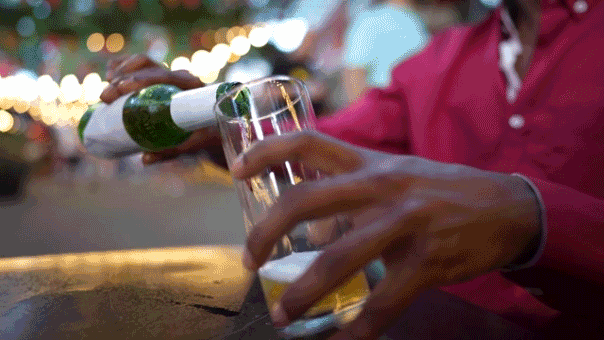Coronavirus surge continues throughout the country, and work on a vaccine intensifies
Infection rates are up in some two dozen states, with Midwest hospitals now seeing a major uptick in COVID-19 related admissions.
You don’t have to be infected with the coronavirus to die because of it.
A new study has revealed that people are now less willing to give cardiopulmonary resuscitation, widely known as CPR, on individuals in cardiac arrest out of fear they may unwittingly catch the virus.
A survey of 1,360 people across 26 countries were asked whether they would intervene if a stranger were dying in public, despite the pandemic. Compared to responses taken before the COVID-19 outbreak, 19.5% fewer people are currently willing to do mouth-to-mouth resuscitation; 14.3% fewer said they would perform chest compressions.
The new research, published in Resuscitation Plus, was gathered after asking social media users to assess their current willingness to save a stranger’s life on a scale from 1 to 100. Questionnaires were conducted before and during the pandemic. Many fear to even approach a stranger, with the amount of people willing to ascertain breathing or a pulse down by 10.7%; the number of people who would use a defibrillator if available decreased by 4.8%.

You don’t have to be infected with the coronavirus to die because of it. (iStock)
THE CORONAVIRUS CAN SURVIVE ON SKIN FOR THIS MANY HOURS, STUDY SUGGESTS
It’s a disheartening finding but in the vein of previous polls that found people to be less willing to give CPR to a woman for fear of being accused of sexual assault.
CPR is a simple, lifesaving procedure that can as much as double or triple a patient’s odds of surviving cardiac arrest, according to the American Heart Association. Annually, more than 350,000 Americans suffer cardiac arrest while not hospitalized. While 10% of those survive, when CPR is administered, 45% survive, the nonprofit noted.
CORONAVIRUS IN THE US: STATE-BY-STATE BREAKDOWN
The fear preventing people from offering CPR is perhaps unfounded, as there are yet no studies that confidently link COVID-19 contraction with CPR.







































